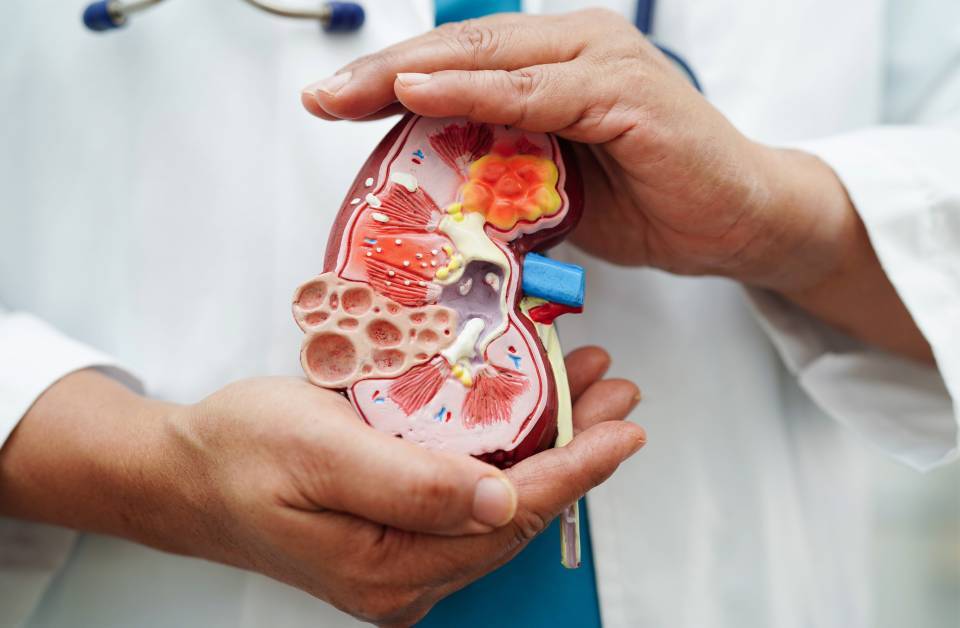Cancer is one of the main causes of mortality in the world. Among the reasons for the increase in cancer diagnoses is an ageing population, as this disease is more frequent in older people, and that increasingly there are more early detection systems. Cancer is a group of diseases characterised by the uncontrolled growth of cells. When a cell becomes cancerous it is because there is a change – called a mutation – in its nucleus when it divides; this can happen spontaneously or be promoted by various factors. Following these tips can help reduce the risk of contracting the disease:
-
Do not smoke and avoid exposure to it
This is a clear carcinogenic factor. Being a mutagenic product, it is capable of inducing cell mutations and promoting their uncontrolled growth. It is also a good idea to reduce or avoid exposure to smoking at home or other places where this is permitted.
-
Lead a healthy lifestyle
Leading a healthy lifestyle; and not being overweight (associated with more than 13 different types of cancer). “A healthy diet, based on cereals, pulses, fruit and vegetables, with less consumption of processed or red meat, sugary drinks, foods of a high caloric content and alcoholic drinks, or limiting these as much as possible, as well as daily physical activity , are clear preventive factors,” point out Doctors Francesc Balaguer and Aureli Torné.
-
Avoid excessive exposure to the sun
Sunburn is another clear risk factor as they induce cells to become cancerous. Protect yourself throughout the year with sun cream of protection factor 30-50 and avoid the times of day when the sun’s rays are strongest, especially in summer.
-
Avoid exposure to carcinogenic substances
Radon is an example of a carcinogenic substance. There may be exposure to this gas in some homes, so it is important to find out if this is so, and to take measures to reduce any exposure.
-
Prioritise breastfeeding
For women, this is important in reducing the risk of breast cancer. In a study carried out by the Collaborative Group on Hormonal Factors in Breast Cancer, researchers observed that the risk of breast cancer was reduced by 4.3% for every 12 months a woman breastfed her baby. The results were compared with mothers who did not breastfeed their babies.
-
Reduce or control hormone replacement therapy (HRT)
This is a therapy based on oestrogens and progestogens, which are hormones that substitute for the physiological function of the ovary, and are used in menopausal women when they have symptoms that alter their quality of life.
-
Getting vaccinated is important
“Many more deaths have been avoided with adequate prevention programmes than with all treatments, not only in cancer but in many other human diseases,” commented Dr Álvaro Urbano.
Vaccines, such as those against hepatitis B, which prevents liver cancer, and papillomavirus, which prevents cervical cancer. Until recently, only girls between the ages of 11 and 12 were vaccinated but, from September of this year, boys began to be vaccinated. This is to guarantee equality between the sexes and to directly protect them from developing cancers related to Human Papillomavirus (HPV) infection.
-
Participate in early detection programmes
This is another preventive measure. In 2009, the programme for the early detection of colon and rectal cancer began in Barcelona, coordinated by the Hospital Clínic and the Hospital del Mar, to diagnose and treat this cancer as soon as possible and increase the chances of a cure for both men and women. To prevent or reduce the risk of developing breast or cervical cancer, women over the age of 35 should have annual mammograms and gynaecological visits. Pap smears are performed during gynaecological visits for early detection of cervical cancer.
Intervening in the environmental factors that can predispose towards cancer and maintaining a healthy lifestyle are necessary, but not sufficient, conditions; since the causes that effectively predispose a person to contracting the disease are often unknown. There are also factors that so far cannot be controlled, such as genetics, which play a very important role. However, research in understanding the mechanisms of action of different types of cancer and in developing new therapies to treat them are advancing enormously.
“The vast majority of cancers are due to the existence of a very specific genetic abnormality. Drugs are being designed that block this abnormality in the cancer cell, and their results have been magnificent. We also know that strengthening the patient's immune system is important for controlling or eliminating the disease and from preventing it from returning in that patient,” explains Dr Álvaro Urbano.






